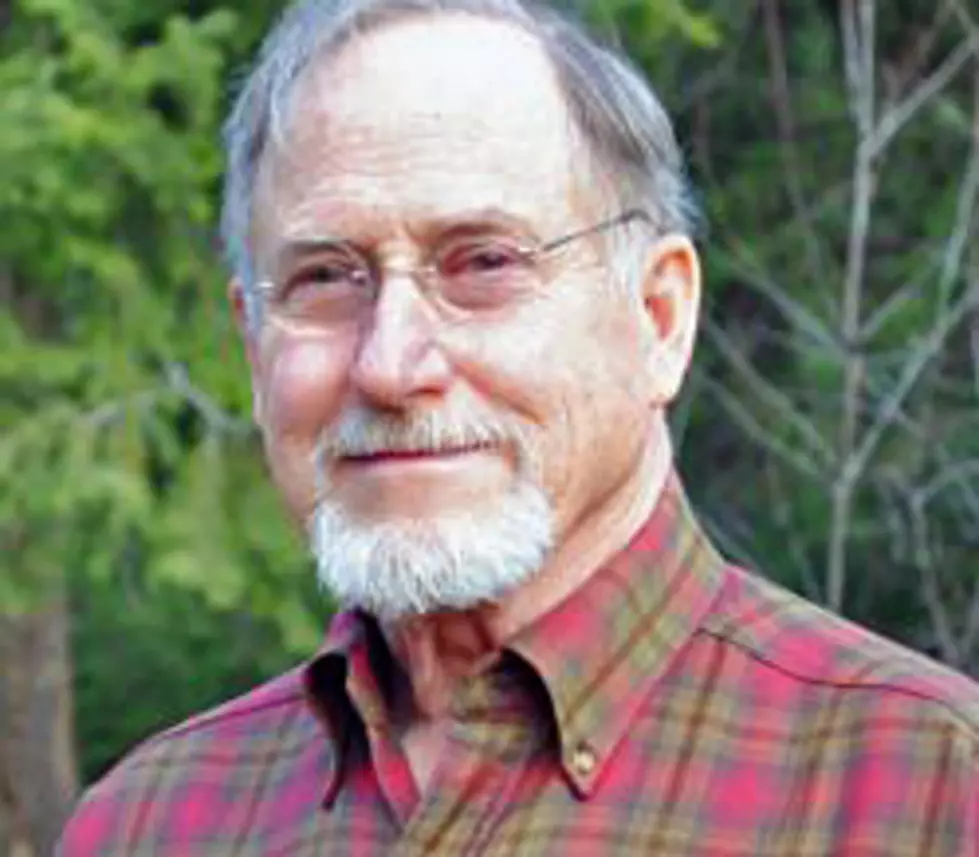
Montana Viewpoint: Bringing electoral college into the present
Jim Elliott
The ability to have a say in government by voting is the bedrock principle of democracy. Because of that, every vote should be of equal value and carry the same weight. That is true for every political office in the United States except for the office of the Presidency where some people’s votes carry more weight than others depending on which state they vote in.
Within the boundaries of a statewide or regional office all votes are equal. They are tallied up and the person with the most votes wins. But the votes for the Presidency are tallied differently so that a vote in one state has more power than a vote in another. How come?
The people who founded our democratic republic started pretty much from scratch and had no real guidelines to follow. There was debate about what kind of executive officer to have. Once they settled on a President with a four-year term they came to the question of how that person would be chosen.
The use, abuse, and concentration of power were of huge concern to the founders. These were the highly educated people of the time, the very type of people that many today disparage as “elites”. They were all men of consequence, property owners, wealthy, and powerful. Being men of power, they were jealous and protective of it.
At the same time, they were men of vision and had the best interests of their newly formed nation at heart. This is to say, they understood that power could be used not only to benefit the nation but also to benefit a group’s personal self-interest to the detriment of the nation. They were fearful of factions banding together to control the destiny of their new nation in ways that they, the framers, might disapprove of.
One way they explored to elect the President was to have the Senate make the election but that was discarded as likely creating a President who would be beholden to a small group of supporters. Another was to have the voters of the nation at large do the electing, but that was also discarded because the vastness of the nation and the slow spread of news made it difficult for voters to have a good knowledge of the candidates.
As a compromise, they selected a system of “electors” from each state who would make the decision and combine their votes to choose the President and vice-president. The number of electors in each state would be equal to the number of Representatives and Senators of that state. These electors would be chosen under laws developed by the state.
Today, in Montana and 29 other states the electors are chosen by their respective political parties. They are pledged to support their party’s candidate if they win the state’s popular vote. In general, all of a state’s electoral votes are awarded to the winner of that state’s popular vote.
Here’s why a vote for a candidate in one state may not carry the same weight as a vote in another state. In states where the political parties are equally strong, voters have more incentive to vote because they know that their vote may be instrumental in awarding their state’s electoral votes to their candidate. In states where the political parties are unequal in strength, voters of the minority party have little hope that their vote will matter.
For that and other reasons, many believe that the popular vote for President should determine the outcome. Democrats are predictably more interested in this because their candidate won the popular vote in the 2020 and 2000 election but lost the electoral vote to a Republican. To change that would take either a Constitutional amendment or an agreement among the states to award their electoral votes to the winner of the national popular vote. This is a solution endorsed by Common Cause and to date has the support of mostly Democratic states with a total of 205 electoral votes out of a needed 270 votes.
The rationale for creating a system of electors because of the slow speed of the spread of information is obsolete, and needs to be brought into the 21st century.
Montana Viewpoint has appeared in weekly and online newspapers across Montana for over 25 years. Jim Elliott served sixteen years in the Montana Legislature as a state representative and state senator. He lives on his ranch in Trout Creek.
